SOURCE :
( ) IRAN UPDATE, DECEMBER 20, 2023: https://www.understandingwar.org/backgrounder/iran-update-december-20-2023
( ) INSURGENSIES & COUNTER INSURGENCIES: https://irp.fas.org/doddir/army/fm3-24.pdf
( ) Click here to see CTP and ISW’s interactive map of Israeli ground operations. This map is updated daily alongside the static maps present in this report.
OR
GOOGLE THE URL BELOW
HTTPS://STORYMAPS.ARCGIS.COM/STORIES/2E746151991643E39E64780F0674F7DD
( )US Navy Deploys to Stop Houthi Attacks in Red Sea :
https://youtu.be/eZPYFauXzzY
___________________________
Iran Update, December 20, 2023
Brian Carter, Annika Ganzeveld, Johanna Moore, Amin Soltani, Kathryn Tyson, Andie Parry, and Alexandra Braverman
SUMMARY OF THE DAY
Israeli forces are transitioning from clearing operations to holding operations in some areas of the northern Gaza Strip. Israeli forces in some areas of the northern Gaza Strip, such as Beit Hanoun and the al Shati camp, are beginning to execute tasks analogous to the US military definition of a holding operation. A holding operation “involves disrupting [enemy] activities in an area and providing a good security environment for the population” and “focuses on securing the population.” The Israeli Defense Minister said on December 18 that the IDF is preparing to transition to a “day after” the war and that Israel will begin bringing back the local population in some areas of the strip. The IDF redeployed some of the units responsible for clearing Beit Hanoun and al Shati camp and backfilled them with new units to hold the areas.The backfilling units are continuing lower intensity operations, such as raids against infrastructure and clashing with small cells of Palestinian fighters.The hold phase is defined by a decreased level of violence, but it still requires holding forces to engage and eliminate enemy forces and infrastructure to provide security.
_________________________
The Iran Update provides insights into Iranian and Iranian-sponsored activities abroad that undermine regional stability and threaten US forces and interests. It also covers events and trends that affect the stability and decision-making of the Iranian regime. The Critical Threats Project (CTP) at the American Enterprise Institute and the Institute for the Study of War (ISW) provides these updates regularly based on regional events. For more on developments in Iran and the region, see our interactive map of Iran and the Middle East.
Note: CTP and ISW have refocused the update to cover the Israel-Hamas war. The new sections address developments in the Gaza Strip, the West Bank, Lebanon, and Syria, as well as noteworthy activity from Iran’s Axis of Resistance. We do not report in detail on war crimes because these activities are well-covered in Western media and do not directly affect the military operations we are assessing and forecasting. We utterly condemn violations of the laws of armed conflict and the Geneva Conventions and crimes against humanity even though we do not describe them in these reports.
Click here to see CTP and ISW’s interactive map of Israeli ground operations. This map is updated daily alongside the static maps present in this report.
Key Takeaways:
- Israeli forces are transitioning from clearing operations to holding operations in some areas of the northern Gaza Strip.
- Houthi Supreme Leader Abdulmalik al Houthi threatened to target US warships in the Red Sea.
- Israel and Hamas continued negotiations for a new humanitarian pause in fighting in exchange for Israeli hostages being held in the Gaza Strip.
- PIJ Secretary General Ziad al Nakhalah and a PIJ delegation will travel to Cairo in the coming days to discuss ceasefire negotiations with Egyptian officials.
- Iranian military leaders view current Hamas operations in the Gaza Strip as the prelude to a long-term war to destroy Israel.
- Iraqi political parties and coalitions aligned with the Shia Coordination Framework—a loosely aligned coalition of pro-Iranian political parties—have won the most seats in the provincial council elections.
- Iraqi media claimed on December 20 that unspecified militants attacked US forces at Ain al Asad Airbase in Anbar Province, Iraq
Israeli forces are transitioning from clearing operations to holding operations in some areas of the northern Gaza Strip. Israeli forces in some areas of the northern Gaza Strip, such as Beit Hanoun and the al Shati camp, are beginning to execute tasks analogous to the US military definition of a holding operation. A holding operation “involves disrupting [enemy] activities in an area and providing a good security environment for the population” and “focuses on securing the population.”[1] The Israeli Defense Minister said on December 18 that the IDF is preparing to transition to a “day after” the war and that Israel will begin bringing back the local population in some areas of the strip.[2] The IDF redeployed some of the units responsible for clearing Beit Hanoun and al Shati camp and backfilled them with new units to hold the areas.[3] The backfilling units are continuing lower intensity operations, such as raids against infrastructure and clashing with small cells of Palestinian fighters.[4] The hold phase is defined by a decreased level of violence, but it still requires holding forces to engage and eliminate enemy forces and infrastructure to provide security.[5]
Doctrinally sound holding operations would enable the Israel Defense Forces to protect local Palestinian civilians in the Gaza Strip and Israeli citizens in southern Israel. Holding operations consist of both offensive and defensive tasks that secure the population and prevent enemy forces from securing terrain.[6] US military doctrine defines the tactical task ”secure“ as efforts to prevent a unit, facility, geographic location, or population from being destroyed or damaged.[7] Holding forces execute defensive tasks, such as capturing enemy weapons caches and securing terrain.[8] They also conduct offensive operations, including raids against enemy leaders and disruption operations targeting enemy support structures among the population.[9] Holding operations allow the IDF to protect local populations by securing areas in the Gaza Strip against Hamas re-infiltration while protecting Israeli citizens in southern Israel by continuing to dismantle Hamas military infrastructure.
The holding phase is a lengthy transitional period that seeks to create a minimally acceptable security environment to provide space for the creation of a new political order. This phase can take many months. In US doctrine and practice, the holding force will increasingly execute stability tasks and operations—such as restoring essential services and supporting dislocated civilians—as the hold phase continues.[10] Stability tasks and operations during the holding phase help set conditions for the new political order and prevent a collapse of social order.
Houthi Supreme Leader Abdulmalik al Houthi threatened to target US warships in the Red Sea in a speech on December 20.[11] The United States announced on December 18 that it established a 10-nation combined maritime operation to counter Houthi attacks in the Red Sea.[12] Abdulmalik said that the Houthis would attack “US battleships, interests, and navigation” if the United States “escalates further” and targets Yemen or the Houthis.[13] The US Navy no longer operates battleships. Abdulmalik also accused the United States of “militarizing the Red Sea and asked that Arab countries leave the Houthis to respond to a “direct war” with the United States and Israel.[14] Abdulmalik claimed falsely that the Houthis would not target European vessels in the Red Sea as long as the vessels do not go to Israel.[15] The Houthis have repeatedly targeted European vessels that were en route to destinations other than Israel, such as Italy.[16]
The Houthi Supreme Political Council similarly criticized the US-led coalition as a “hostile step aimed at protecting Israel.”[17] The council said that it will hold the United States responsible for anything that comes from the “militarization” of the Red Sea and the Gulf of Aden.
The Houthi movement is conducting an information operation that aims to frame any US response to Houthi acts of piracy and terrorism targeting international shipping as an escalation. The Houthi movement is claiming to support the Palestinian cause while criticizing the US-led coalition. The Houthis and Iran are attempting to demonstrate the threat that the Axis of Resistance poses to global shipping and major maritime routes in the Middle East, as CTP-ISW previously assessed.[18] This effort is not specific to the Israel-Hamas war. Tehran has had a long-standing goal to develop the military capabilities and proxies that it requires to disrupt traffic around both the Bab al Mandeb and the Strait of Hormuz.[19] In this context, the United States is responding to multiple Houthi acts of piracy and terrorism which aim to disrupt all international trade in the Red Sea, not just to Israel. Several of the vessels that the Houthis have attacked were bound for destinations other than Israel.
Gaza Strip
Axis of Resistance campaign objectives:
- Erode the will of the Israeli political establishment and public to launch and sustain a major ground operation into the Gaza Strip
- Degrade IDF material and morale around the Gaza Strip.
Palestinian fighters fired at Israeli forces in Beit Hanoun with small arms on December 20. The IDF reported that one Palestinian fighter attempted to conduct a drive-by shooting targeting Israeli reservists in Beit Hanoun on December 20.[20] Palestinian media also reported armed clashes between Palestinian fighters and the IDF in Beit Hanoun.[21] These attacks are consistent with the doctrinal definition of a holding operation. Enemy fighters frequently attack holding forces during holding operations as the holding force conducts defensive and offensive operations to degrade and destroy the enemy force’s military infrastructure.[22]
The IDF continued clearing operations in Jabalia on December 20. The IDF’s 551st Brigade Combat Team and Nahal Brigade captured Hamas rockets and conducted airstrikes to eliminate Palestinian militia anti-tank team positions.[23] Palestinian fighters also clashed with advancing Israeli forces near al Sikka Road and the Civil Administration Site in Jabalia on December 20, according to Palestinian media.[24]
Palestinian militia fighters continued their efforts to defend against Israeli advances in Jabalia and Shujaiya. The al Quds Brigades—the militant wing of the Palestinian Islamic Jihad (PIJ)--claimed that its fighters detonated an explosively formed penetrator (EFP) targeting an IDF bulldozer and Israeli infantry east of Shujaiya.[25] The Martyr Abu Ali Mustafa Brigades—the militant wing of the Popular Front for the Liberation of Palestine (PFLP)—attacked IDF units in Tal al Zaatar, near Jabalia refugee camp, on December 20.[26] The group fired rocket-propelled grenades targeting Israeli forces in Shujaiya.[27] The al Qassem Brigades—the militant wing of Hamas—used rocket-propelled grenades to attack Israeli armor in eastern Jabalia on December 20.[28]
Palestinian militia fighters conducted attacks behind the forward line of Israeli advance, which is consistent with the nature of clearing operations. The al Qassem Brigades attacked an eight-vehicle Israeli convoy in Sabra and Tal al Hawa on December 20.[29] CTP-ISW assesses that the al Qassem Brigades’ Sabra-Tal al Islam (Tal al Hawa) Battalion is degraded, but not combat ineffective.[30] Al Qassem Brigades fighters also detonated anti-personnel improvised explosive devices (IED) targeting Israeli forces in Zaytoun neighborhood, southern Gaza City.[31]
Palestinian fighters continued using sophisticated tactics to defend against Israeli clearing operations in Khan Younis. The al Qassem Brigades detonated IEDs targeting Israeli troops in two separate booby-trapped tunnels northeast and east of Khan Younis on December 20.[32] The group also attacked Israeli armor north and east of Khan Younis using rocket-propelled grenades.[33]
Israeli forces in Khan Younis raided Palestinian militia infrastructure on December 20. The 7th Brigade Combat Team discovered “underground infrastructure” including unspecified “water and electrical systems” in the homes of senior Hamas leaders in central Khan Younis.[34] The IDF’s 55th Brigade Combat Team also captured a militia weapons cache in Khan Younis.[35]
Israel and Hamas continued negotiations for a new humanitarian pause in fighting in exchange for Israeli hostages being held in the Gaza Strip. Egyptian officials claimed that Israeli negotiators proposed a one-week pause in fighting to allow humanitarian aid to enter the Gaza Strip in exchange for 40 women, children, and elderly men held hostage.[36] Hamas and Palestinian Islamic Jihad (PIJ) have rejected any hostage release until a ceasefire is implemented and Israel withdraws from the Gaza Strip.[37] PIJ is expected to participate in hostage negotiations with Hamas for the first time since the Israel-Hamas began.[38] PIJ observed the previous humanitarian pause in fighting but was not a party to negotiations.[39] An unidentified Israeli official stated that negotiations are still in the early stages.[40] Mossad Director David Barnea traveled to Doha, Qatar on December 18 to begin negotiations.[41]
PIJ Secretary General Ziad al Nakhalah and a PIJ delegation will travel to Cairo in the coming days to discuss ceasefire negotiations with Egyptian officials.[42] Nakhalah claimed that his delegation’s primary goal is to establish a ceasefire in the Gaza Strip, remove Israeli forces from the territory, and begin reconstruction in the strip.[43] PIJ Deputy Secretary General Muhammad al Hindi said that PIJ will not negotiate any hostage release until these demands have been met.[44]
Recorded reports of rocket attacks; CTP-ISW cannot independently verify impact.
West Bank
Axis of Resistance campaign objectives:
- Draw IDF assets and resources toward the West Bank and fix them there
Palestinian fighters clashed with Israeli forces in nine locations in the West Bank on December 20. Palestinian fighters detonated IEDs targeting Israeli forces in four towns in the northern and central West Bank.[45] Palestinian fighters also fired small arms at Israeli forces in seven towns.[46] The Jenin Battalion of the al Aqsa Martyrs' Brigade claimed that its fighters fired small arms and detonated IEDs targeting Israeli forces in Yamoun.[47] The Qalqilya Battalion of the al Aqsa Martyrs' Brigade fired small arms targeting an Israeli checkpoint near Qalqilya on December 19.[48] Israeli forces arrested 17 Palestinians, 11 of whom were affiliated with Hamas, during overnight raids in the West Bank on December 20.[49] The IDF confiscated small arms, ammunition, military equipment, and vehicles during the operations.[50]
This map is not an exhaustive depiction of clashes and demonstrations in the West Bank.
Southern Lebanon and Golan Heights
Axis of Resistance campaign objectives:
- Draw IDF assets and resources toward northern Israel and fix them there
- Set conditions for successive campaigns into northern Israel
Iranian-backed fighters, including Lebanese Hezbollah (LH), conducted eight attacks from southern Lebanon into northern Israel on December 20.[51] LH claimed that its fighters fired surface-to-air missiles targeting IDF helicopters operating over Shomira, Even Menachem, and Shtula.[52] LH also claimed two rocket strikes on IDF positions near Khirbet Maar and Shtula.[53]
Iran and Axis of Resistance
Axis of Resistance campaign objectives:
- Demonstrate the capability and willingness of Iran and the Axis of Resistance to escalate against the United States and Israel on multiple fronts
- Set conditions to fight a regional war on multiple fronts
Iranian Foreign Affairs Minister Hossein Amir Abdollahian met with Hamas Political Bureau Chairman Ismail Haniyeh in Doha on December 19.[54] Haniyeh praised Iran and other regional actors for their support of the Palestinian people.[55] Haniyeh also denied the IDF’s claim that it controls part of the North Gaza Governorate.[56] Abdollahian said in a press conference after the meeting that Haniyeh claimed that Hamas has only used 14 percent of its defense capabilities and manpower.[57] This is Abdollahian’s fourth trip to Doha since the start of the Israel-Hamas war.[58]
Abdollahian also met with Qatari Prime Minister Sheikh Mohammad bin Abdulrahman al Thani in Doha.[59] The two discussed the Israel-Hamas war and the likelihood of an imminent permanent ceasefire. Abdollahian questioned an unconfirmed US claim that an agreement on the Israel-Hamas war could be reached before the end of the year.[60] Abdollahian also said that indirect and direct diplomatic negotiations show that the region is gradually moving towards a ceasefire within an unspecified time frame.
Iranian President Ebrahim Raisi urged the Pakistani government to improve border security during a phone call with Pakistani President Arif Rahman Alavi.[61] Raisi’s statement comes after Balochi Salafi-jihadi fighters attacked a police station on December 15 in the Sistan and Baluchistan province, Iran.[62] Raisi also called for increased bilateral cooperation between Iran and Pakistan particularly in the energy sector. Raisi reiterated the importance of coordinated action by Islamic countries to end the Israel-Hamas war.
Foreign Affairs Minister Hossein Amir Abdollahian discussed the Israel-Hamas war during a phone call with his Syrian counterpart Faisal Mekdad on December 19.[63] The two spoke about the need for an immediate ceasefire and the provision of aid for the Palestinian people.
Iranian military leaders view current Hamas operations in the Gaza Strip as the prelude to a long-term war to destroy Israel. IRGC Commander Major General Hossein Salami stated the Palestinian resistance is practicing and gaining the necessary experience in “the formula for destroying Israel” during a meeting of provincial IRGC commanders in Khuzestan Province.[64] Iranian Defense and Armed Forces Logistics Minister Brigadier General Mohammad Reza Gharaei Ashtiani said on November 18 that Israel’s military and intelligence failures since October 7 provide lessons for future action against it.[65] IRGC commanders previously framed Hamas’ al Aqsa Flood operation as a prelude to future attacks on Israel. Former IRGC Commander Major General Mohammad Ali Jafari framed the attack as a “warmup” to prepare and train for future operations against Israel in an interview on October 15.[66] Salami described Hamas’ operation as the “first stage” of Israel’s “hasty collapse” on the same day.[67] Salami previously outlined what he considered to be the formula for destroying Israel during an interview with the Supreme Leader’s website in August 2022. Salami argued that Lebanese Hezbollah and Palestinian militias needed to conduct more ground operations and urban combat inside Israel that would destabilize and generate internal displacement leading to Israel’s collapse.[68]
US Deputy Secretary of State Victoria Nuland met with senior Iraqi federal government and Kurdistan Regional Government officials in Baghdad and Erbil, Iraq, on December 19 and 20.[69] Nuland congratulated Iraqi Prime Minister Mohammad Shia al Sudani on the “successful” provincial council elections.[70] Sudani emphasized his government’s commitment to protecting diplomatic missions, embassies, and international coalition advisors in Iraq. Nuland separately discussed the provincial council elections with National Wisdom Movement head Ammar al Hakim.[71] The National Wisdom Movement won the third most seats in the elections.[72]
Nuland discussed protecting diplomatic missions and US and coalition forces in Iraq during a meeting with Kurdistan Regional Government (KRG) President Nechirvan Barzani.[73] Nuland and Barzani also discussed the “political and security” situation in Iraq as well as relations between Erbil and Baghdad. Nuland also met with KRG Prime Minister Masoud Barzani. Nuland and Barzani discussed the risk of the reemergence of ISIS and emphasized the need for the KRG, Iraqi central government, and US-led international coalition to cooperate to combat terrorism.[74]
Iraqi media claimed on December 20 that unspecified militants attacked US forces at Ain al Asad Airbase in Anbar Province, Iraq.[75] The Islamic Resistance in Iraq—a coalition of Iranian-backed Iraqi militias—has not claimed responsibility for the attack at the time of writing.
[2] https://www.defense.gov/News/Transcripts/Transcript/Article/3621107/secr... https://www.jpost dot com/breaking-news/article-778478
[3] https://www.idf dot il/163483; https://twitter.com/manniefabian/status/1736733003668173039; https://x.com/idfonline/status/1726216373922046372?s=20
[4] https://twitter.com/idfonline/status/1733073933786595575; https://twitter.com/IDFSpokesperson/status/1731402536433664161; https://t.me/beitlahiaNews/9413; https://twitter.com/idfonline/status/1737400001439969299; https://t.me/QudsN/346761; https://t.me/QudsN/346715
[12] https://www.defense.gov/News/Releases/Release/Article/3621110/statement-from-secretary-of-defense-lloyd-j-austin-iii-on-ensuring-freedom-of-n/; https://www.thenationalnews dot com/gulf-news/2023/12/19/us-led-task-force-to-patrol-red-sea-to-deter-houthi-attacks/
[14] https://twitter.com/army21ye/status/1737478019659309513 ; https://twitter.com/army21ye/status/1737481701981393068
[16] https://apnews.com/article/yemen-ship-attack-houthi-rebels-red-sea-946b4... https://www.bbc.com/news/world-middle-east-67727601
[17] https://t.me/C_Military1/42132; https://www dot saba dot ye/ar/news3289784.htm
[23] https://twitter.com/idfonline/status/1737421067440775517 ; https://twitter.com/idfonline/status/1737421061640040709
[36] https://www.cnn.com/middleeast/live-news/israel-hamas-war-gaza-news-12-2... ; https://www.wsj.com/world/middle-east/israel-offers-one-week-cease-fire-...
[45] https://t.me/QudsN/346379 ; https://t.me/QudsN/346400 ; https://t.me/QudsN/346389 ; https://t.me/kataebaqsapalestine/2580
[46] https://t.me/almanarnews/140630 ; https://t.me/kataebaqsapalestine/2578 ; https://t.me/almanarnews/140644 ; https://t.me/almanarnews/140644 ; https://t.me/almanarnews/140644 ; https://t.me/QudsN/346768 ; https://t.me/QudsN/346394
[51] https://t.me/C_Military1/42174 ; https://t.me/C_Military1/42106 ; https://t.me/C_Military1/42107 ; https://t.me/C_Military1/42140 ; https://t.me/C_Military1/42154 ; https://t.me/C_Military1/42146 ; https://t.me/C_Military1/42136 ; https://twitter.com/IDFSpokesperson/status/1737509698817925408 ; ttps://twitter.com/IDFSpokesperson/status/1737509698817925408 ; https://t.me/C_Military1/42163
[54] https://mfa dot ir/portal/newsview/736736
[55] https://mfa dot ir/portal/newsview/736736
[56] https://www.timesofisrael dot com/liveblog_entry/idf-signals-full-control-over-beit-hanoun-in-north-gaza/
[57] https://www.irna dot ir/news/85328213
[58] https://www.irna dot ir/news/85327710
[59] https://www.irna dot ir/news/85328213
[61] https://www.irna dot ir/news/85328213
[62] https://www.reuters.com/world/middle-east/baluch-militants-attack-iran-police-station-killing-11-state-tv-2023-12-15/
[63] https://www.ilna dot ir/%D8%A8%D8%AE%D8%B4-%D8%B3%DB%8C%D8%A7%D8%B3%DB%8C-3/1429577-%DA%AF%D9%81%D8%AA-%D9%88%DA%AF%D9%88%DB%8C-%D8%AA%D9%84%D9%81%D9%86%DB%8C-%D9%88%D8%B2%D8%B1%D8%A7%DB%8C-%D8%A7%D9%85%D9%88%D8%B1-%D8%AE%D8%A7%D8%B1%D8%AC%D9%87-%D8%A7%DB%8C%D8%B1%D8%A7%D9%86-%D8%B3%D9%88%D8%B1%DB%8C%D9%87
[64] https://www.tasnimnews dot com/fa/news/1402/09/29/3009686
[65] https://defapress dot ir/fa/news/631278 ; https://www.tasnimnews dot com/fa/news/1402/08/27/2991235
[66] http://www.defapress dot ir/fa/news/623133
[67] https://www.tasnimnews dot com/fa/news/1402/07/24/2972706
[68] http://farsi.khamenei dot ir/others-dialog?id=50786
[70] https://www.ina dot iq/199640--.html
[71] https://www.ninanews dot com/Website/News/Details?key=1096485
[72] https://www.ina dot iq/199634--.html
[73] https://www.ninanews dot com/Website/News/Details?key=1096469
[74] https://www.shafaq dot com/ar/%D9%83%D9%88%D8%B1%D8%AF%D8%B3%D9%80%D9%80%D8%AA%D8%A7%D9%86%D9%8A%D8%A7%D8%AA/%D8%A8%D8%A7%D8%B1%D8%B2%D8%A7%D9%86%D9%8A-%D9%88%D9%86%D9%88%D9%84%D8%A7%D9%86%D8%AF-%D9%8A%D8%B4%D8%AF%D8%AF%D8%A7%D9%86-%D8%B9%D9%84%D9%89-%D8%A7%D9%84%D8%AA%D9%86%D8%B3%D9%8A%D9%82-%D8%A8%D9%8A%D9%86-%D8%A8%D8%BA%D8%AF%D8%A7%D8%AF-%D9%88-%D8%B1%D8%A8%D9%8A%D9%84-%D9%88%D8%A7%D9%84%D8%AA%D8%AD%D8%A7%D9%84%D9%81-%D8%A7%D9%84%D8%AF%D9%88%D9%84%D9%8A-%D9%84%D9%85%D9%88%D8%A7%D8%AC%D9%87%D8%A9-%D8%A7%D9%84-%D8%B1%D9%87%D8%A7%D8%A8
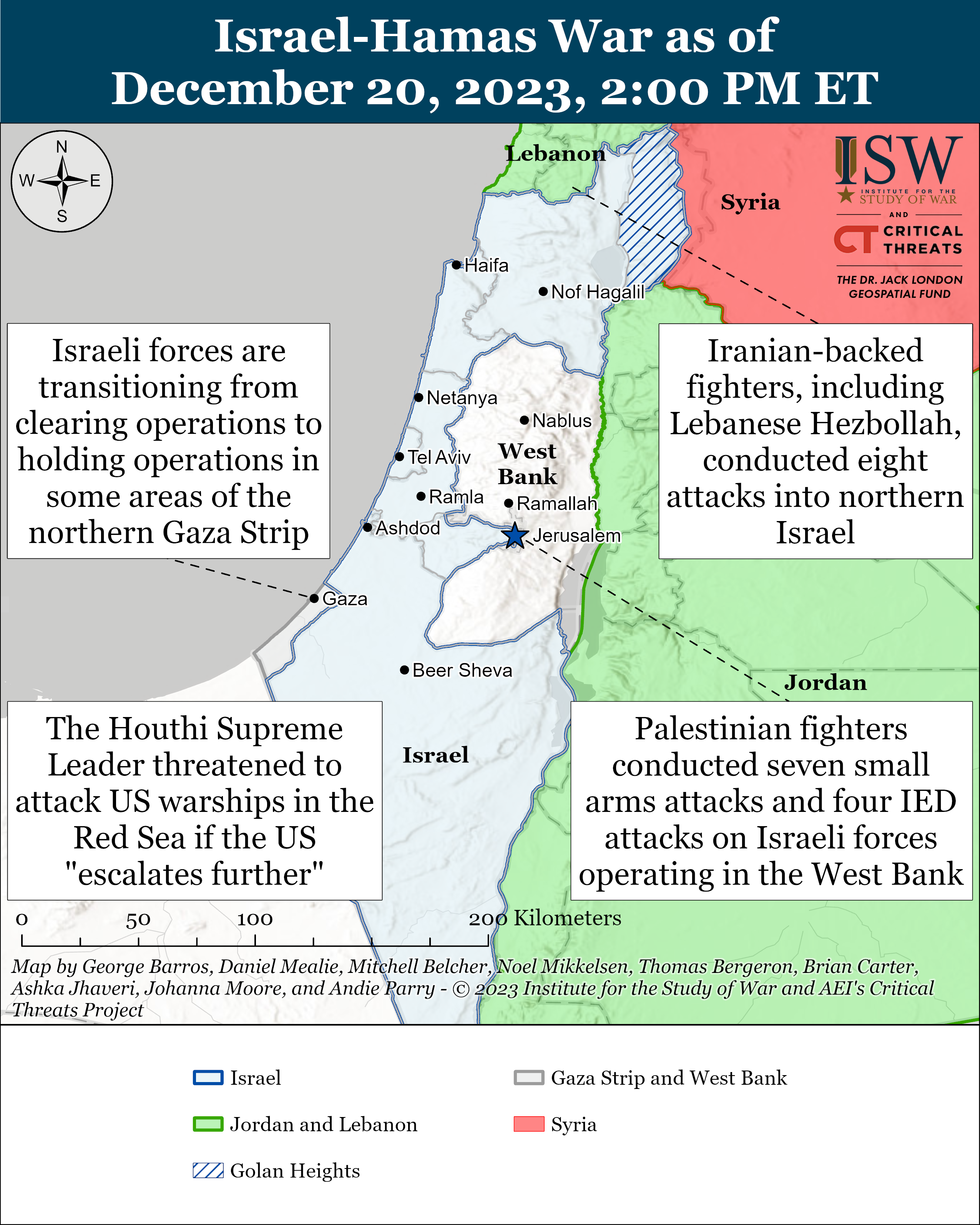
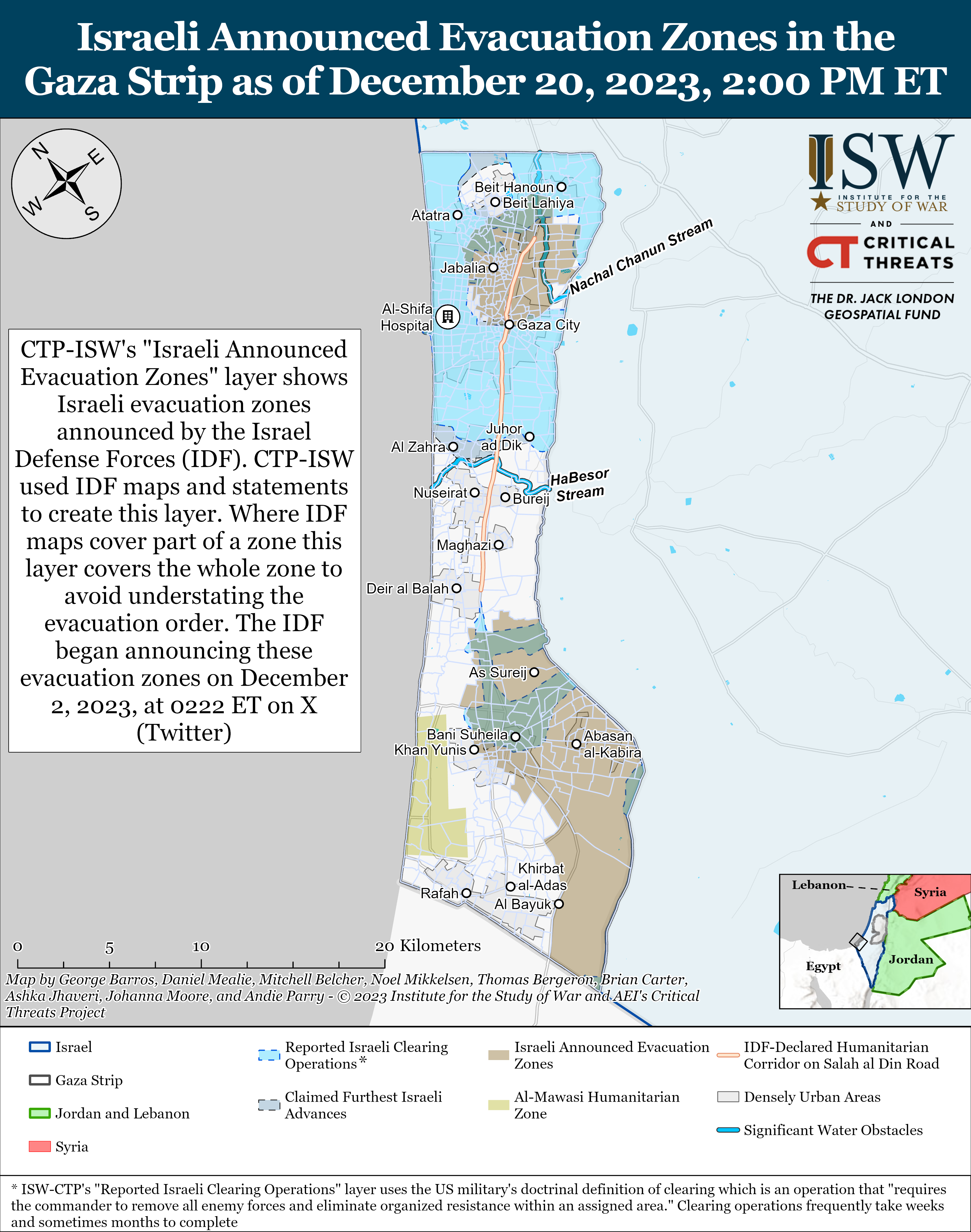
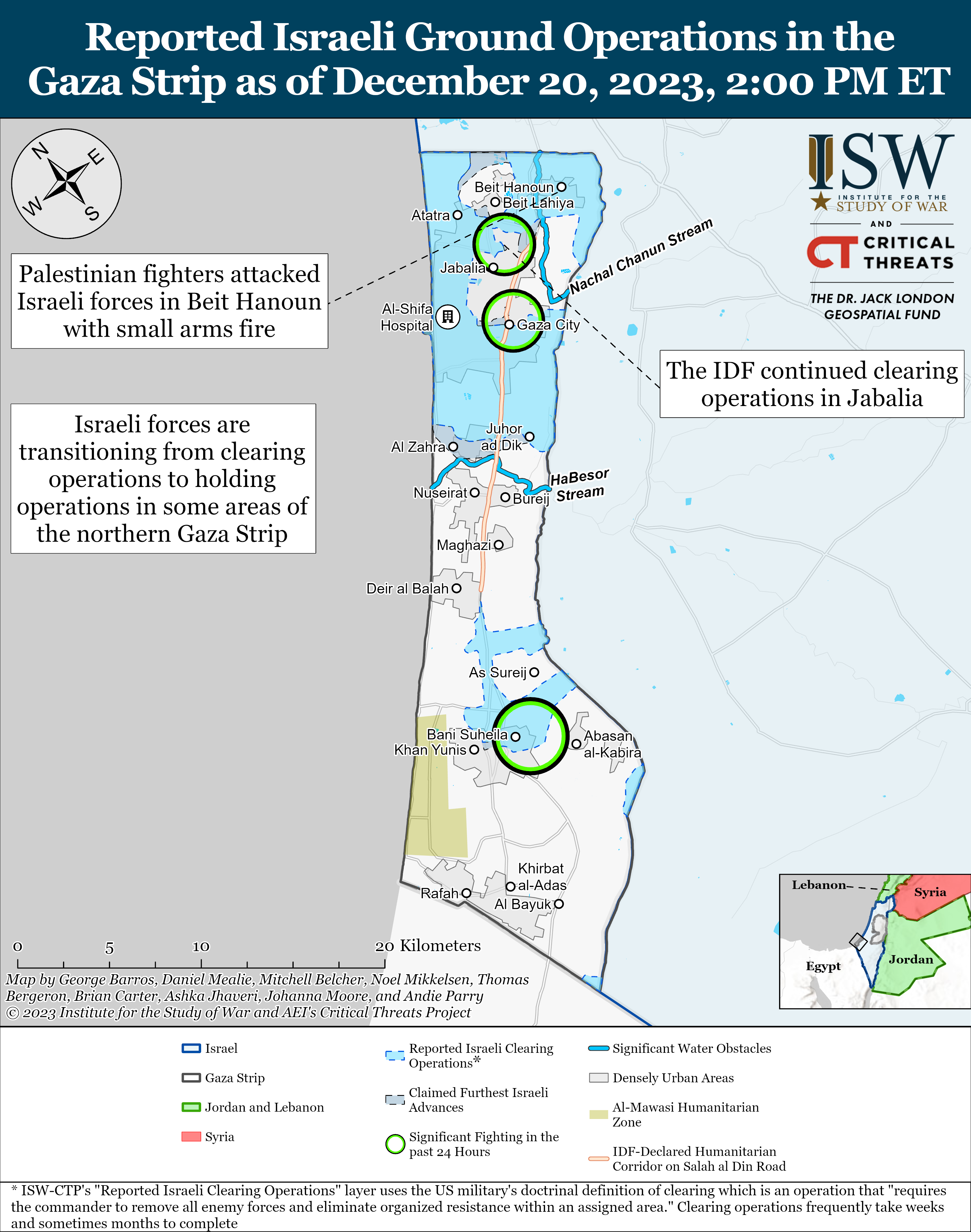
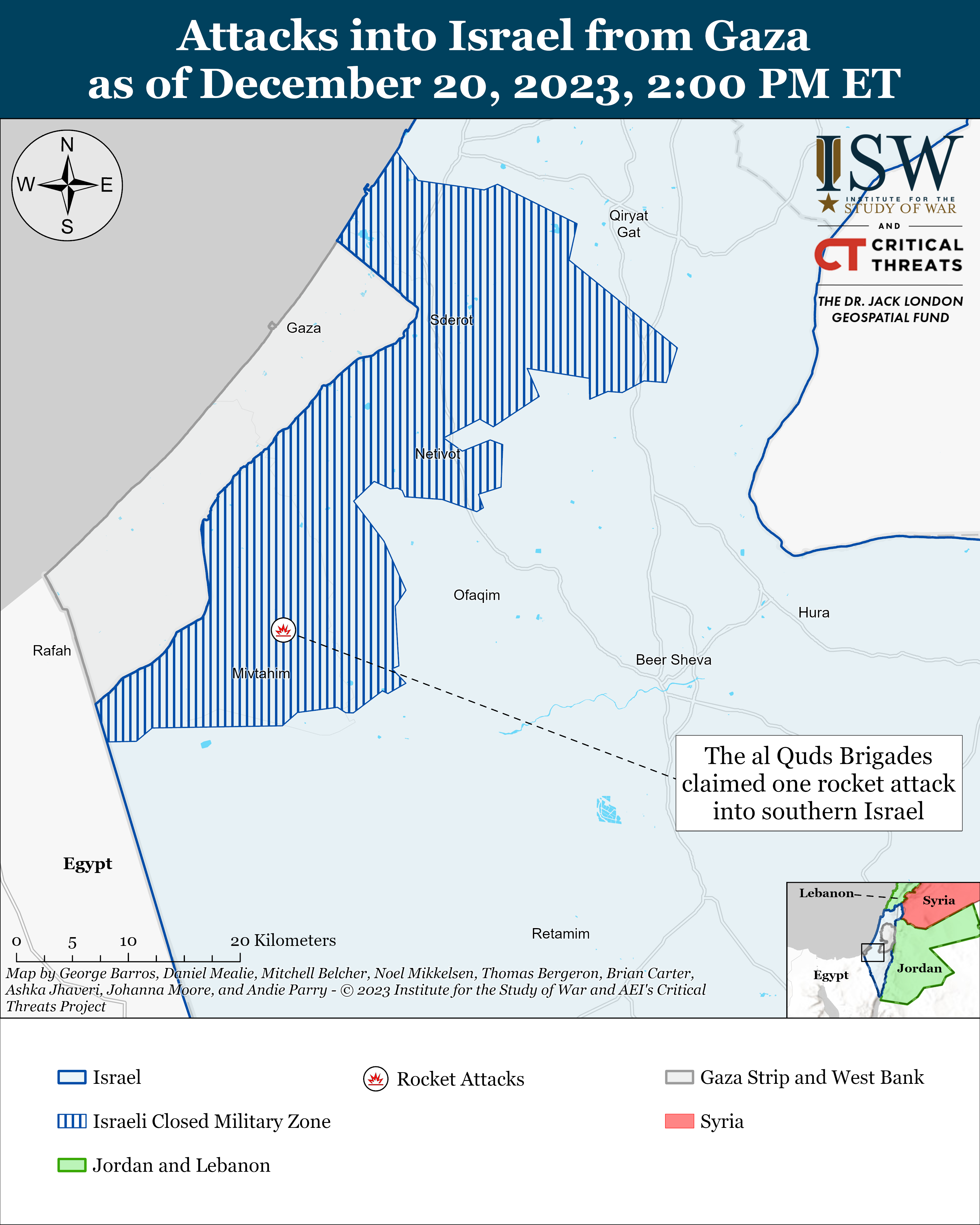
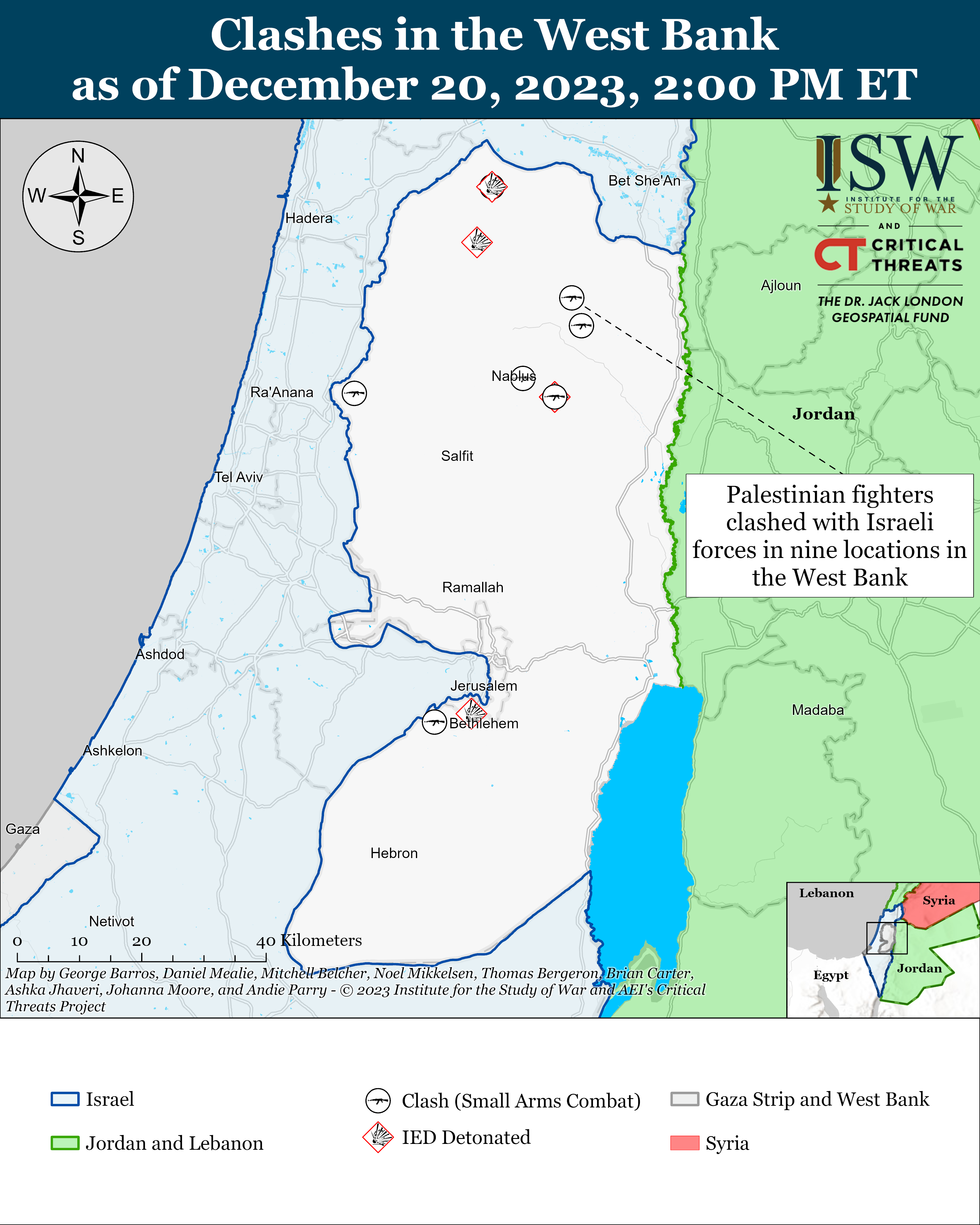
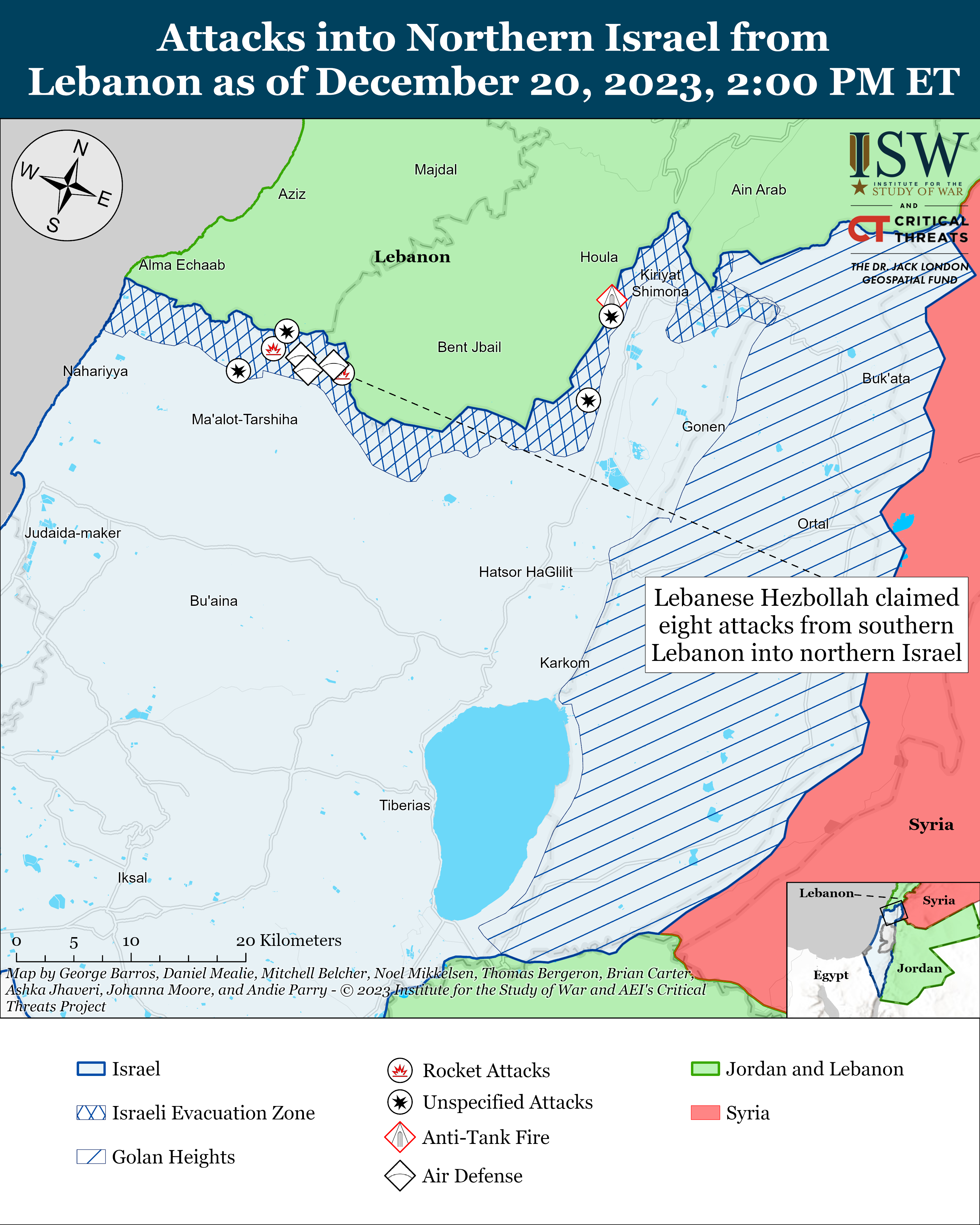
No comments:
Post a Comment